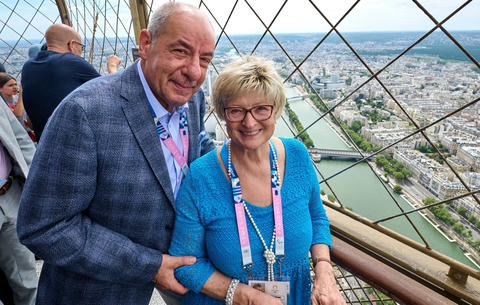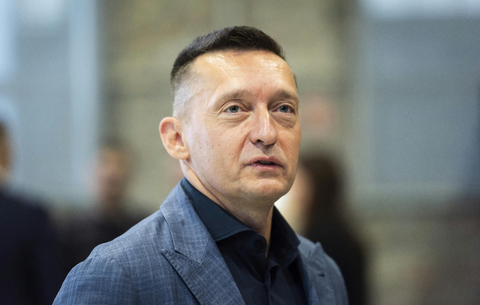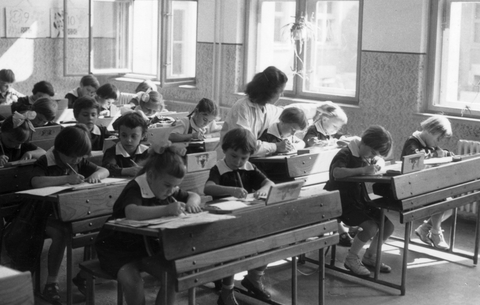Portrait of a political citizen
Karoly Rassay was one of the most honourable of Hungarian civic politicians. He rejected both communist dictatorship and the Horthy regime. He stood for a democratic state, for liberalism and for civil liberties. He was rewarded with Mauthausen, deportation and a bitter old age.
Károly Rassay |
Zsuzsanna Nagy writes: "Rassay was born in the town of Orsovan in the Austro-Hungarian monarchy in 1886, the son of Karoly Rasch, an official of German descent. He began working in the Ministry of Justice in 1915. He opposed the Republic of Councils, organising the resistance of the public administration officials, trying to persuade them to refuse to work with politicians with blood on their hands.
Rassay saw proletarian dictatorship as the negation of everything he thought of as ideal and desirable: civic parliamentarianism and political freedom."
In November 1919, after Miklos Horthy's arrival in Budapest, Rassay became state secretary in the Ministry of Justice under the short-lived Huszar government, which was formed under pressure from the Entente powers. He was at the time a member of the Christian National Unity Party. The 1920 parliamentary elections were held in an atmosphere of terror and led, under dubious circumstances, to Horthy been granted the powers of governor. Rassay was repelled by the rightward turn, yet he was also reluctant to head into Viennese exile with the Left, which was banking on the Red Army advancing, and wanted to establish a new proletarian dictatorship.
In 1921, Karoly Rassay founded the National Free-Thinking Party, a liberal opposition party. He changed its name to Civic Freedom Party after the 1935 elections. The party stood for a democratic alternative within the authoritarian Horthy regime. It pushed for land reform and for extending the franchise, and it campaigned against the Jewish Laws. In 1923, he launched Esti Kurir (Evening Courier), which until the 1944 German invasion was one of the most important newspapers for supporters of democracy.
The elections of May 1939 brought about a break-through for the extreme Right, with both the Smallholders and the Social Democrats losing half their seats. Rassay's party lost two of its seven seats in the 260-member parliament. The small part stood against irredentist demagogy and fascism.
As a right-wing liberal, he believed in the inviolability of private property, and he refused to collaborate with the Social Democrats. He also opposed the populist Left.
In Summer 1943, Rassay joined with Istvan Bethlen, the Smallholders, the Social Democrats and the Legitimists to prepare an "exit cabinet".
He was in contact with Horthy, whom he wanted to adopt a policy of distance towards Nazi Germany. He hoped the Western allies would bring the war to a swift end following their landing in the Balkans. He was disappointed in his hope.
Many middle-class ethnic Germans rejected the radicalism of both the Left and the Right - Karoly Peyer, Gusztav Gratz and Sandor Marai all shared Rassay's views. Rassay, Peyer and Gratz were all arrested by the Gestapo in 1944 and deported to Mauthausen. All three survived, returning in summer 1945.
When Rassay returned home from Mauthausen, he was unable to return to political life. The People's Court investigating war criminals called him as a witness, but he was prevented from taking on a political role. In March 1947, Ferenc Nagy, the prime minister, agreed that he could restart his political activities after the peace treaty had been ratified. The Paris peace treaty was ratified, but it did not specify the withdrawal of the Soviet troops. Ferenc Nagy was soon forced to resign, the Communists were on course to take power, and Rassay was forced to retreat into the background. The Rakosi regime did not imprison him: they 'merely' confiscated his house in 1951, and deported him to Fuzesgyarmat. From there he was only allowed to return to Pecel, where he died in 1958, at the age of 72.
János Pelle









